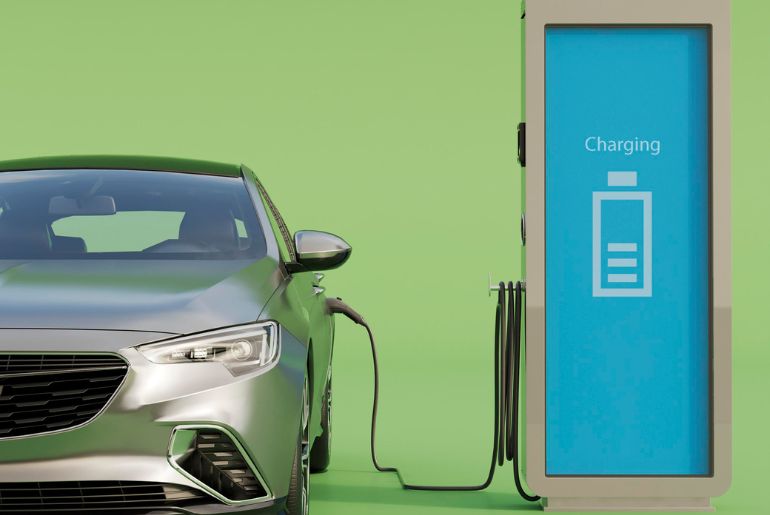India’s transportation sector is seeing a revolutionary change, and consumers play a very important role in steering the country toward sustainable transportation. The increase in the usage of electric vehicles (EVs) is the outcome of an overall shift in consumer behavior fueled by economic motives, environmental sensitivity, and favorable government policies encouraging EVs.
The Rise of Electric Vehicles in India
With initiatives such as the Faster Adoption and Manufacturing of Hybrid and Electric Vehicles (FAME) scheme, the government of India has showcased its interest in eco-friendly transport. With their subsidization of electric buses, three-wheelers, and two-wheelers, the FAME II initiative especially has been very influential in promoting the use of EVs. Due to the subsidization, EVs are now significantly cheaper initially, making them accessible to many more individuals.
The Indian government intends EVs to make up 30% of total passenger vehicle sales by FY 2030, according to a report by S&P Global. All this is facilitated by plans for developing infrastructure, financing options, and subsidies.
Consumer Preferences and Environmental Awareness
Sustainability is becoming a significant factor in the decision of Indian customers when buying products. Based on a study conducted by NielsenIQ, 20% of Indian consumers are shifting towards electric vehicles, which indicates that the market for eco-friendly mobility is growing. This revolution in the automobile sector is more than a passing fancy; it has the potential to remake Indian roads and reduce carbon footprints.
Also, 75% of Indian customers are either shifting or have already started to modify consumption and behavior patterns due to concerns related to sustainability, as per a McKinsey analysis. The increased adoption of EVs is being fueled by this increasing environmental awareness.
Technological Advancements and Infrastructure Development
To respond to the ever-growing need for electric vehicles properly, it is necessary that the infrastructure that caters to electric vehicles be considerably increased. This increase can be made possible by setting up a gigantic amount of charging stations, utilizing a vast amount of financial resources to fund this essential program. Furthermore, aside from increasing the general infrastructure for charging cars, these programs have also incorporated sophisticated smart technology, which functions to improve the convenience of the users while, at the same time, ensuring effective energy management.
Also, the concept of electric highways is gaining more popularity and gathering much momentum throughout India. To actually encourage green mobility while simultaneously enabling a smoother transition to electric vehicles, the government has set out ambitious plans to construct a comprehensive network of 6,000 kilometers of electric vehicle highways along the well-known Golden Quadrilateral corridor.
Challenges and the Road Ahead
There are still several barriers in the path of India’s overall adoption of EVs despite the progress. The lack of incentives for buyers, especially for private electric vehicles, is a major barrier. Although commercial vehicles are subsidized under the FAME II scheme, individual cars have been largely left out, and this can suppress uptakes.
The second issue is gaps in the infrastructure. While efforts have been made to install charging points, there is still the challenge of ensuring that they are made available and accessible everywhere. In the ‘Clean Mobility‘ project, the government is considering revamping its EV policy as a way of addressing current issues and providing a more holistic strategy that includes consumer incentives.
Conclusion
The shift of India towards sustainable mobility is a collaborative effort, as such, with the customers also playing a critical role and stepping up to the occasion. Accelerated adoption and utilization of electric vehicles is being spurred very aggressively by increased awareness and sensitivity of consumers to the environment, coupled with favorable government policies and technology advancements enabling the transition. While there do remain a few challenges that will have to be confronted and overcome, the successful realization of India’s ambitious sustainable transport goals will be very much a function of the combined efforts of the government, several industry players, and the consumers themselves as one in going in this concerted direction.

